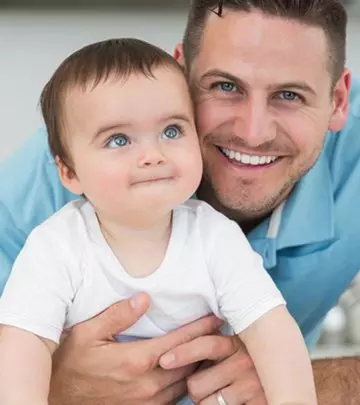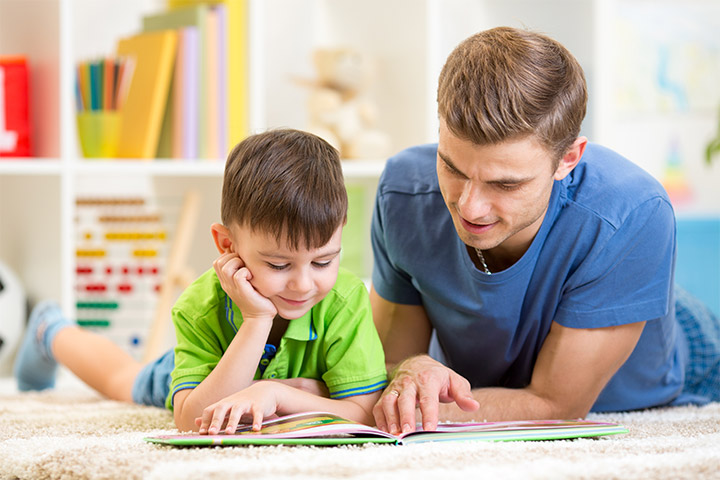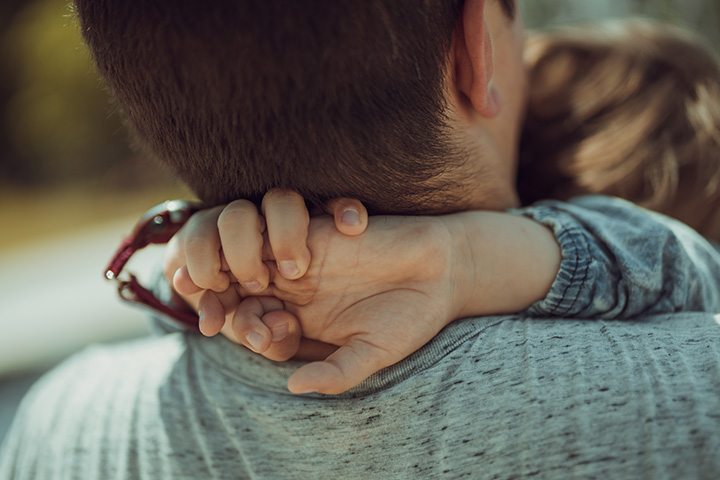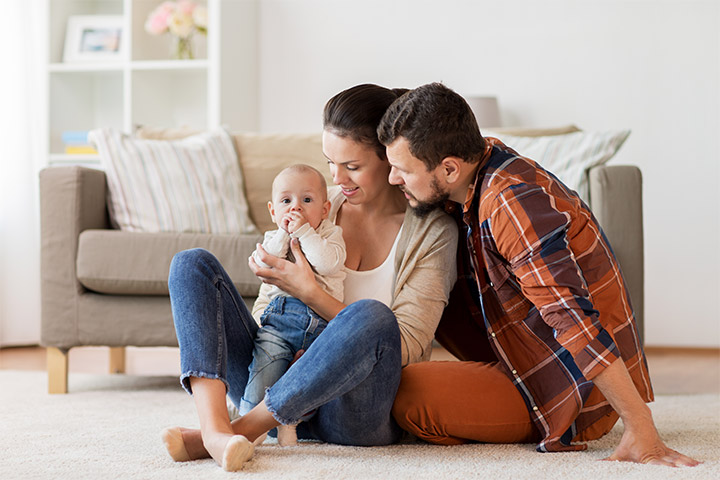
Image: Shutterstock
There is a lot of good-natured suspense that comes to the forefront during the last trimester of pregnancy. Will it be a girl or a boy? Will they be chubby or lean? etc. Although medical science has progressed by leaps and bounds in determining the gender and weight of the unborn baby, yet we are light years away when it comes to knowing exactly how a baby looks in the mother’s womb, especially the facial features.
However, it is only after the baby is delivered that the real guessing game begins. Every person who sees the baby, from family members, neighbors, to colleagues, will have an opinion about who the baby resembles most, mother or father. Newborn babies may take time to develop their facial features and their personalities. While ‘how the baby looks’ eventually is determined by genes, the effect appearance has on his/her life goes beyond genetics.
The Research
According to a new study on child health and paternal investment (1), a baby’s close resemblance to father has a positive effect on baby’s health for the first year of their life. It also influences the amount of dedication shown by fathers towards parenting.
Researchers studied 715 families registered with the Fragile Families and Child Wellbeing (2), which involved children who mostly lived with their mothers, with regular visits by fathers who lived away from them. Their striking resemblance to each other served as a motivation for their fathers to invest more time and emotions towards parenting. The study’s result was specifically about how a child’s health improved with the investment of time from their fathers.
The Results
So, why exactly were fathers more involved in caring for their babies who looked similar to them? As naive as it may sound, men consider facial resemblance as a confirmation that the child is, in fact, theirs. Especially in this case, where families under study observation had men staying away from their wives.
This certainly does not mean that fathers do not love their babies who don’t resemble them, but according to the study, fathers need a little bit of motivation. In general, it can also be considered that men are often clueless about child rearing, unlike a mother, who has natural instincts of caring and nurturing, irrespective of who the child resembles.
Research results aside, another reason why fathers may feel inclined towards babies who look like them, could be nostalgia of their own childhood. Fathers and their close family members are often found comparing the father’s childhood to that of his baby who has a striking resemblance to him. The resemblance acts as a catalyst towards forging a strong bond between the two.
Mom? Dad? Or Both?
Babies may largely depend on their mothers for their needs, but having their fathers around is an added advantage. Because men and women have different ways of expressing themselves, early exposure to such diversity helps the baby to differentiate between their own emotions. The baby also learns that some of their needs are specifically addressed by his/her mother, and some by father.
Another factor that positively affects a baby’s health is the influence time has on the way his/her parents approach parenting. Since the mother is around most of the time, there may be times when she may not be as responsive or affectionate towards the baby. Whereas fathers, who get considerably less time, may try to make up for it by being affectionate for most of the time that they are with the baby. However, this may also apply to father-baby duo where there is no resemblance between both.
Whatever the research may say, but it is unlikely that a father can resist the charm of his baby. And what a doting father and loving mother can achieve is something that is simply unmeasurable!
















